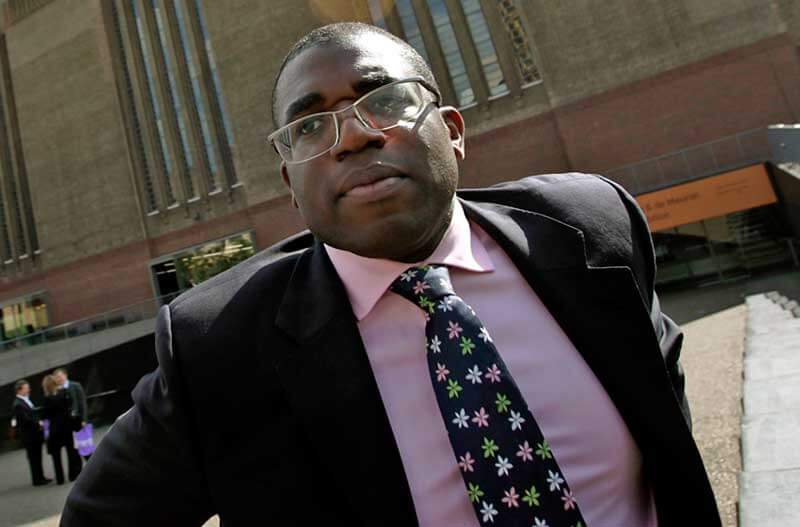Amid stinging criticism from all quarters, including lawmakers on its side of the house, the British government has made an abrupt about face on plans to send thousands of its nationals back to the West Indies because recent changes to British immigration laws had left them in limbo.
Many of those in the sights of immigration officials for voluntary departure or forced deportation, had come to England after 1948 at the invitation of Queen Elizabeth and the Crown to help rebuild a Britain that had been badly destroyed by German air bombing campaigns during World War Two.
The first set had arrived aboard the “Empire Windrush” cruise ship which had been sent to the West Indies for them, hence the reference to them as the Windrush generation.
Thousands had joined the waves from all across the region up to the early 70s, settled in Britain, became productive citizens and also became college educated. Many of their offspring played international sports for England, are doctors, lawyers, engineers and journalists as examples of achievers.
In recent months, these same folks who were respectfully and kindly asked to come to England to “help us out,” were being told to go back home because new laws now require them to embarrassingly prove their British citizenship despite the fact that many came from British Commonwealth countries and were treated as automatic citizens.
But the backlash from parliamentarians, regional leaders, rights groups and the British media was so fierce that the administration of Prime Minister Theresa May backed down quite quickly and is now offering automatic citizenship, a restoration of jobs and entitlements and compensation to those hurt by the very same ultra right, red neck policies that her cabinet and the Home Office had been pushing.
On Wednesday, Nadhim Zahawi, the minister responsible for children and families told BBC Radio that all issues will be settled in two weeks and an effort will be made to also deal with financial compensation.
“I think the focus has to be Windrush. The home secretary has said look, we’ve set up a taskforce, in two weeks we’ll have dealt with all the Windrush cases including compensation. I think that has to be the focus,” Zahawi said.

But it is unclear how authorities, will deal with cases like some who had gone back to the region to visit with families or to attend weddings and were blocked from returning to the place where they had lived for nearly seven decades.
There were several such cases involving visits to Jamaica. At least one of the men has died. His siblings have complained and want compensation. Many had originally traveled on their parents passports as rules had then allowed. Authorities say they are also worried about the tight two-week deadline that officials have set as a timetable to seal the issue.
The UK Guardian Newspaper which had been in the forefront to force authorities to abandon the inhumane treatment of its folks, reported this week that dozens of those facing deportation are now coming out of the proverbial woodwork asking for help.
Guyana-descended opposition MP David Lammy, who had put the government side on the back foot with a strident presentation in the house a week ago, said nearly a dozen had approach him from his own constituency on Tuesday of this week alone.
The paper also reported that Foreign Secretary Boris Johnson had suggested at Tuesday’s weekly cabinet meeting that an amnesty might have been the best approach but Minister Zahawi said illegal immigrants should not be in the country period.
“The question assumes that illegal immigrants should have the same status as people over here legally whether they are of immigrant stock or are British-born and bred and I think that’s wrong. Actually, most of your listeners including myself and my parents and other immigrants, will think if you’re here illegally and working illegally then you really shouldn’t be here,” he said as the issue rages.
The issue has caused tremendous anxiety in the Caribbean community in Britain, with many deeming the British as ingrates, people who are willing to disregard and dismiss the contribution of West Indians since the first wave in 1948.




























